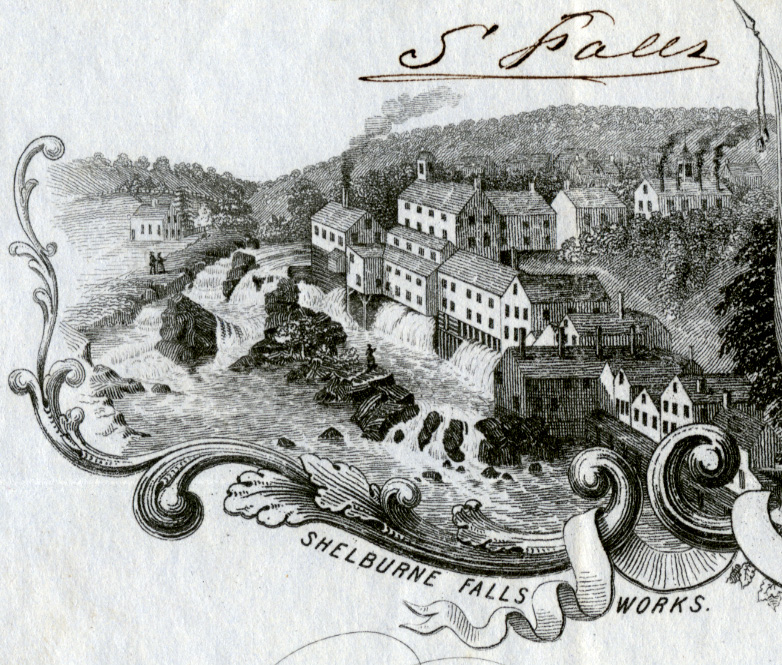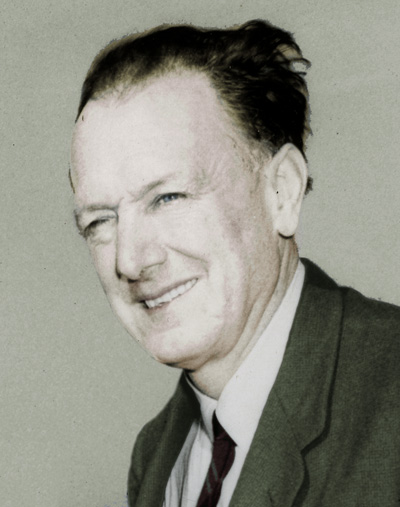Rufus Kellogg Ledger
A notable figure in Amherst, Mass., prior to the founding of Amherst College, Rufus Kellogg was born on July 16, 1794, the child of Jerusha and Joseph Kellogg. Married to Nancy Stetson in June 1820, Kellogg made a successful, if highly varied living, serving as town postmaster (1809-1824), keeping an inn and tavern at the “City” beginning in 1818, and farming, and he became a stalwart of the local Masonic lodge. His son Rufus Bela Kellogg rose even higher on the social ladder, graduating from Amherst College in 1858 and became a prominent banker.
A diverse and fairly complicated book of records, the Kellogg ledger is part waste book, day book, memorandum book, and account book, marking records of lending a horse and sleigh are interspersed with accounts for the sale of grain and hay, boarding locals, repairing pumps, and other miscellaneous transactions. Although it is unclear precisely which member or members of the Kellogg family kept any individual record, it appears that Rufus must have initiated the book, although later entries were clearly made by one or more of his children.




